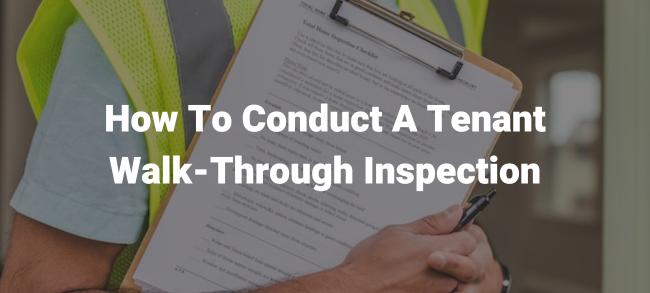What to Include in a Lease Agreement
An important document that every Tampa landlord must have is a well-crafted lease agreement. It will help you as the owner, spell out the terms, conditions, and rules by which tenants must abide as long as they occupy your property. Furthermore, it will define the repercussions and course of action in the event of a violation. Since the tenancy agreement is a legally binding document, it is important to you as the landlord to ensure two things:
a. The document addresses all the necessary elements that safeguard your interest and that of your tenant.
b. That you have the agreement ready for the tenant to sign before he or she moves into your property.
What are the Key Elements that your lease agreement should have?
i. Parties to the tenancy agreement
Obviously, for a contract to exist, there must be an agreement between two or more parties. Therefore, make sure you define who the parties to your contract are. Provide the legal names and addresses of the landlord and tenant(s) involved in the transaction.
ii. Property description
You must provide a summary of the Tampa rental property under consideration. A majority of owners are often at a loss of what to include in the property description section. The information does not necessarily have to be a comprehensive one. It could be as basic as the name of the building, its physical address, street, type of property, as well as the apartment and LR number.
iii. Term
A good lease contract must clarify the duration of the tenancy relationship. It should state the date and where possible, the time when the agreement comes into force, as well as the date and time when it will end. Additionally, it should define how either party can terminate the lease.
iv. The Rent
In consideration for using your property, the tenant has to pay rent. Make sure your lease agreement addresses all matters of the rent adequately. It should clarify the monthly dollar amount, the due date for paying the rent, where to pay the rent, and in what form (e.g., automatic drafts, checks, money order, etc.). Lastly, you should detail the consequences of late payments or non-payment, such as fines and evictions.
v. Security deposit
As a safe measure, you must request the tenant to provide a security deposit. It will go a long way in protecting you and your property in case the renter defaults in paying rent, fails to pay the utility bills or destroys your property. Make it clear on the agreement how much the security deposit is, how the tenant is to pay it, where you will hold it, and the terms under which you will release the deposit to the tenant.
vi. Property Occupants
Being the landlord, you have the right to know the occupants of your Tampa property. A majority of rental property owners only collect the names of the parties to the lease contract. However, it is prudent and safe for you if the contract can help you capture the names of everyone who will be staying in the property, including those who will be frequenting the premises. Likewise, if you do not want pets on the property , or if you have any particular rule concerning domestic animals, you should include it here.
vii. Property Repairs and Damages
In the course of the tenancy agreement, some items or features on the property might get damaged. Your agreement should, therefore, include a comprehensive description of the condition in which the tenant received the property. Furthermore, it should clarify whose responsibility it is to maintain the home and repair any damages.
viii. Right of Entry
It is your mandate as the landlord to ensure your property remains safe and that the tenant uses it as per the agreement. An efficient way of doing that is by frequently inspecting the property. For this reason, make sure you include a right to entry clause, which will permit you or your designated Tampa property manager to conduct frequent inspections. As a sign of good faith include a reasonable notice period for alerting the tenants of the intended visit.
Why is it important for the tenant to sign the contract before entering?
Any competent firm offering Property Management in Tampa will advise you to ensure the resident first signs the lease agreement before occupying your investment. While such advice might seem dictatorial, it is still sound counsel nonetheless. The following are some of the reasons that justify such an action.
i. Acceptance of liability
Before the tenant signs the agreement he or she must read it to understand what it entails. If he or she proceeds to sign it, it means that they consent to the terms and agree to be bound by them. This way, in the event of anything going wrong, the tenant remains liable.
ii. It gives you legal authority
Since the contract is legally binding, making the tenant sign it beforehand provides you with a legal and moral authority right from the get go. It will also compel the tenant to do everything in his or her power to stick within the tenancy agreement stipulations.
iii. It acts as proof of Inventory and condition of the property
When the contract comes to an end whether, by termination or maturity, it is not unusual for disputes to arise. The disagreements mostly revolve around damages and state of the property. However, if you make the tenant sign the agreement before moving in, he or she will verify and acknowledge the physical condition of the property. This acknowledgment will serve as proof in case disputes arise.
Evidently having a contract agreement is critical to the success of your Tampa real estate business. If you do not have one, or you lack the know-how of crafting one, consulting a competent real estate agent or licensed attorney who understand property management in Tampa can prove beneficial.
If you would like the help of a Tampa property manager in preparing your rental agreement, click here and give us a call!











